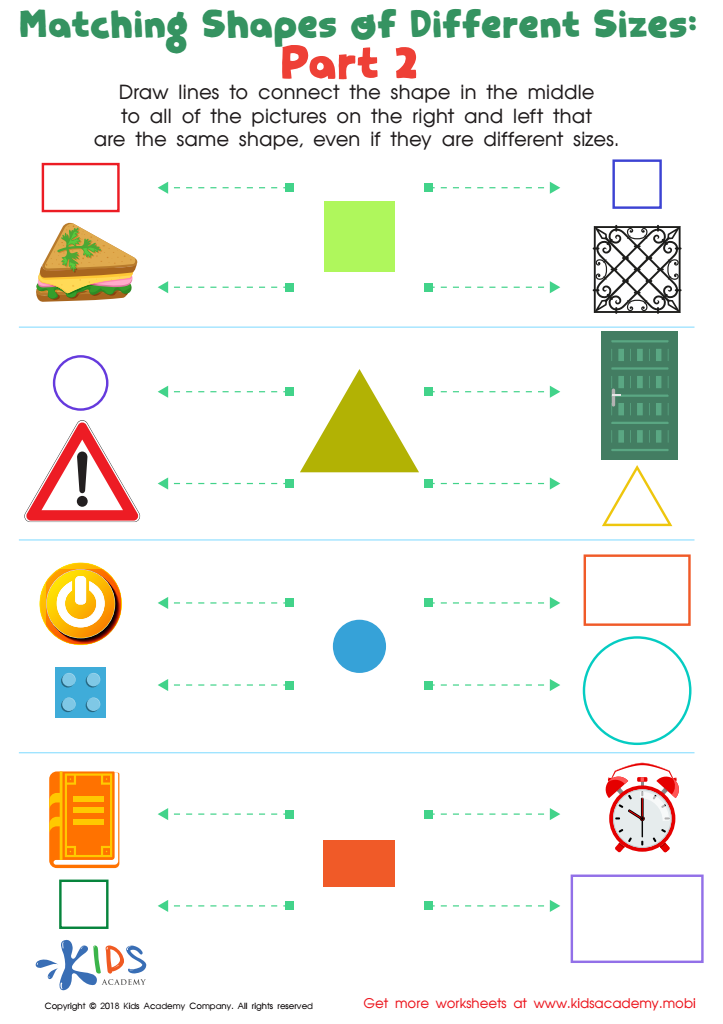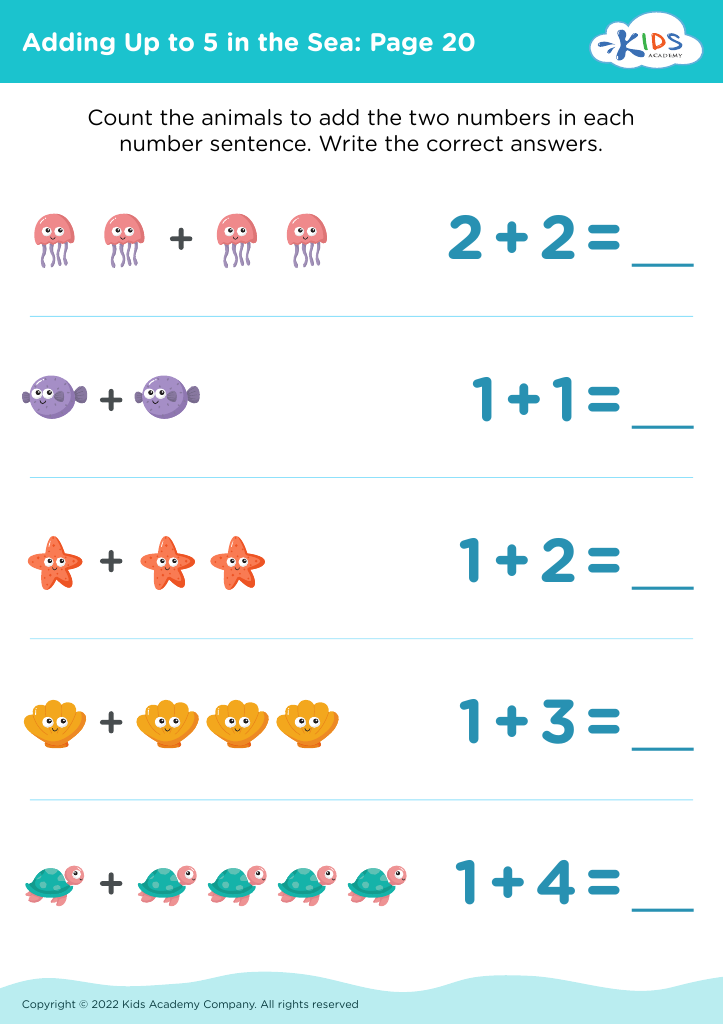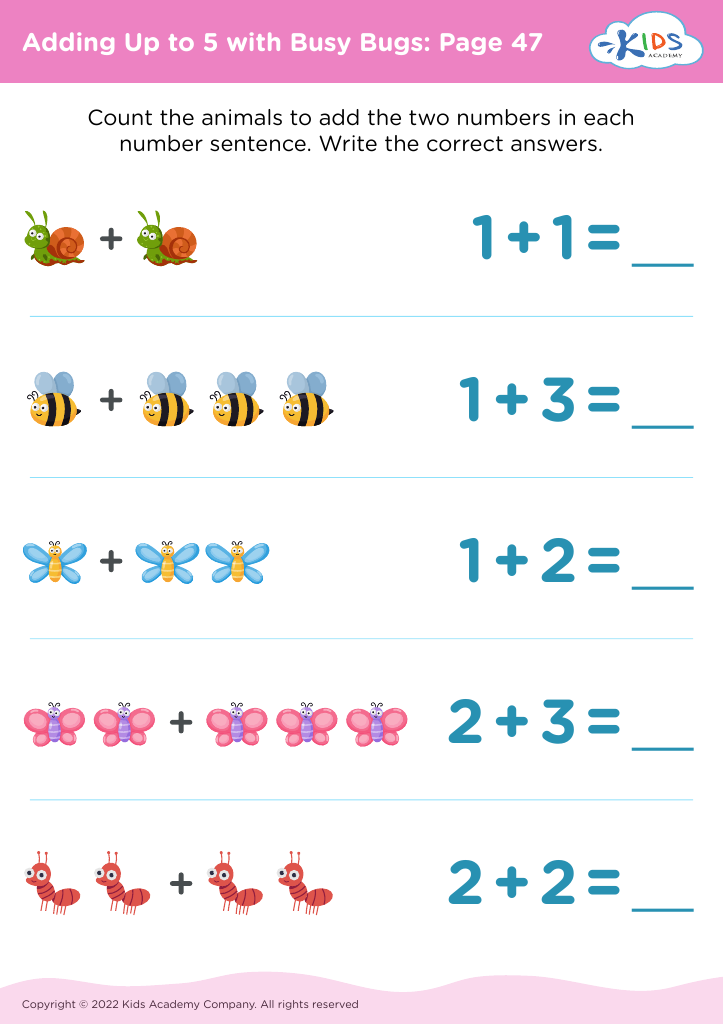Enhancing fine motor skills Math Worksheets for Ages 4-8
3 filtered results
-
From - To
Discover our engaging Math Worksheets designed specifically for ages 4-8, focused on enhancing fine motor skills. Our printable activities combine mathematical concepts with hands-on tasks to strengthen coordination and precision in young learners. Through fun exercises that include tracing, cutting, and drawing, children develop crucial muscles and skills needed for writing. Perfect for both classroom and home use, these worksheets support cognitive development while making math enjoyable and accessible. Boost your child's confidence and motor abilities with our expertly crafted resources. Visit our webpage to explore a variety of worksheets that inspire learning and growth.


Geometry: Part 2 Worksheet
Parents and teachers should prioritize enhancing fine motor skills in math for children aged 4-8 because these foundational skills are crucial for both academic success and overall development. Fine motor skills involve the coordination of small muscles in the hands and fingers, which are essential for writing, drawing, and manipulating objects. In the math context, these skills help children with tasks such as holding a pencil correctly, drawing shapes, cutting paper for crafts, and handling manipulatives like blocks or beads.
Developing fine motor skills in young learners facilitates better dexterity, precision, and control, which directly impacts their ability to solve math problems accurately. For example, being able to form numbers clearly and legibly helps in avoiding confusion, while engaging in hands-on activities like arranging counters or fitting puzzle pieces enhances their spatial reasoning and problem-solving abilities.
Moreover, fine motor skills are closely linked to cognitive development. Activities that boost these skills also improve hand-eye coordination, concentration, and patience. By integrating fine motor skill development with math activities, educators lay a comprehensive foundation that supports future learning in more complex areas of math and other subjects.
Fostering these skills early on prepares children to tackle more challenging academic tasks with confidence, ultimately contributing to their long-term educational success.

 Assign to My Students
Assign to My Students


















